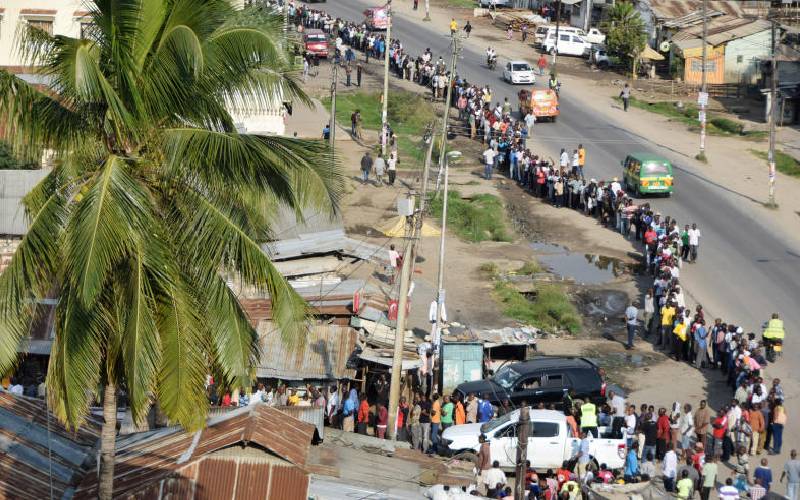
This year’s elections bear telltale signs of a revolution, albeit mild. A case in point is the shift of affiliation in what were hitherto secure voting blocs for ethnic chieftains.
Big money appears to have had little sway in some constituencies as big shots tumbled in nominations. Grassroots voices are expressing strong displeasure on imposition of candidates especially at the county. Initially prejudiced to vote uniformly for all candidates of the same party regardless of credentials (six-piece), some voters are promising to defy that twisted logic.